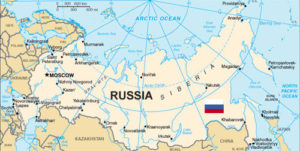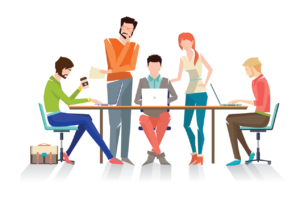
The Library’s summer hours May 13th – August 20th are as follows:
Saturday & Sunday, May 13 & 14 (Writing Competition Weekend): 9am – 12am
May 15 – May 31:
Monday – Saturday: 9am-10pm; Sunday: 10am-10pm; Memorial Day, Monday, May 29: Closed.
June 1 – July 4:
Monday – Thursday: 9am-12am; Friday & Saturday: 9am-10pm; Sunday: 10am-10pm; Independence Day, Tuesday, July 4: 9am-5pm.
July 5 – July 24:
Monday – Saturday: 9am-12am; Sunday: 10am-12am.
July 25 – August 20:
Monday – Thursday: 9am-10pm; Friday & Saturday: 9am-5pm; Sunday: 10am-6pm.
What’s Going on Here?
This summer the library will be undergoing renovations 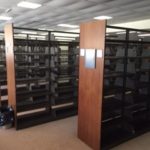 on the 3rd floor, 2nd mezzanine and 2nd floor.
on the 3rd floor, 2nd mezzanine and 2nd floor.
The 3rd floor will be closed while the library administrative and technical services area, containing the offices of the Library Director, and the staff who orders, processes and catalogs all library materials, are moved temporarily into the Subin Reading Room. Their office space, as well as the law review room, pictured at left, and currently containing no law reviews, undergoes asbestos abatement and the installation of sprinklers. The 3rd floor computer lab will also be closed for the summer.
The law review room will then be transformed into office space for several reference librarians on one side of the room and study/lounge space on the other side for students. There will be new carpeting, tables, chairs, soft seating, etc. — all in a new mid-century decor.
The 2nd floor statutory collection and the 2nd mezzanine computer labs will become the offices of the Brooklyn Law Review, the Brooklyn Journal of International Law, the Journal of Law and Policy and the Brooklyn Journal of Corporate, Financial and Commercial Law. The computers and printers currently in the two labs will be relocated to other locations throughout the library.
All the renovations are scheduled to be completed by mid-August. Graduating students who will be studying for the bar exam over the summer may use another local law school library if they like since there will be some contraction of available study space during these renovations. The school will reimburse graduating students the fee they have to pay to use one other law school library. If there are questions about which law school libraries are available for bar exam study, please inquire at the reference desk.
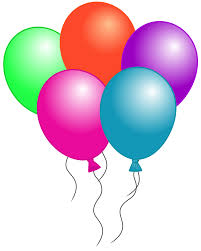 The Sixth Annual Library Databases Research Fair will be held on Thursday, September 28th, 2017. The Fair will be held in the Library’s new 3rd floor Collaboration/Reading Room from 3:00pm to 6:00pm.
The Sixth Annual Library Databases Research Fair will be held on Thursday, September 28th, 2017. The Fair will be held in the Library’s new 3rd floor Collaboration/Reading Room from 3:00pm to 6:00pm. There will be handouts, light refreshments, and a raffle drawing for gift cards.
There will be handouts, light refreshments, and a raffle drawing for gift cards.
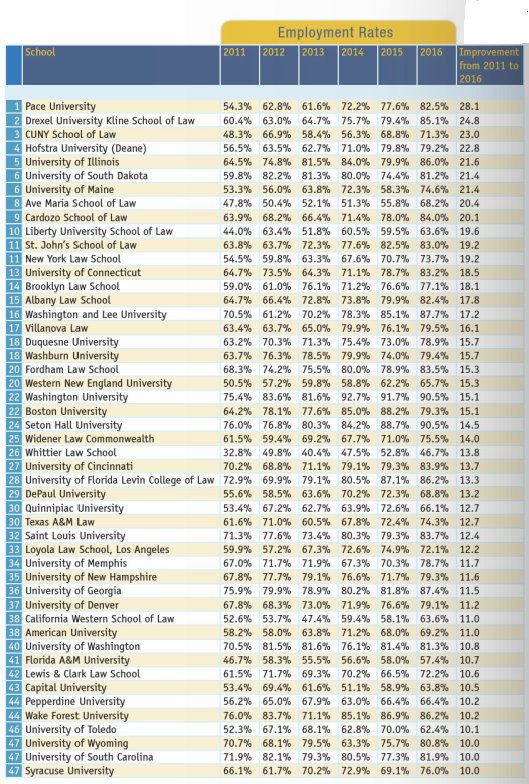
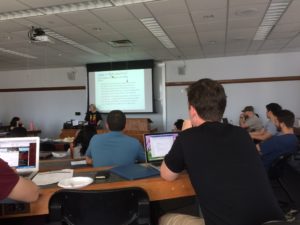
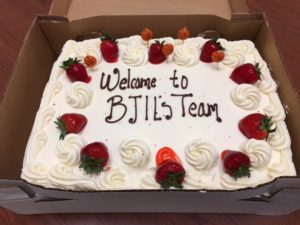
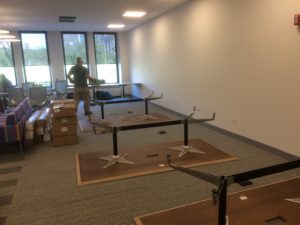
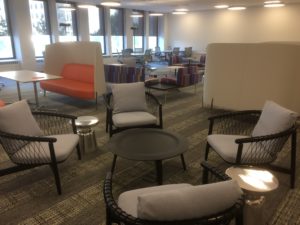
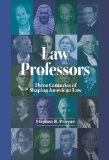
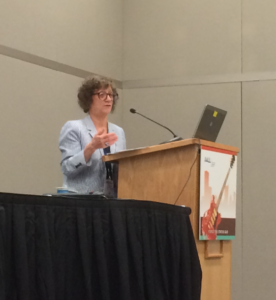
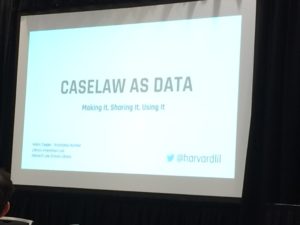
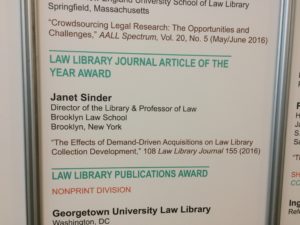
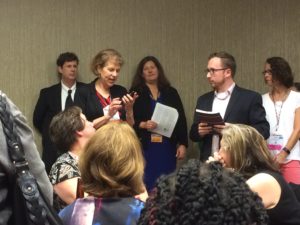
 Brooklyn Law School, during the Summer 2017 semester, has taken a first step with its
Brooklyn Law School, during the Summer 2017 semester, has taken a first step with its 